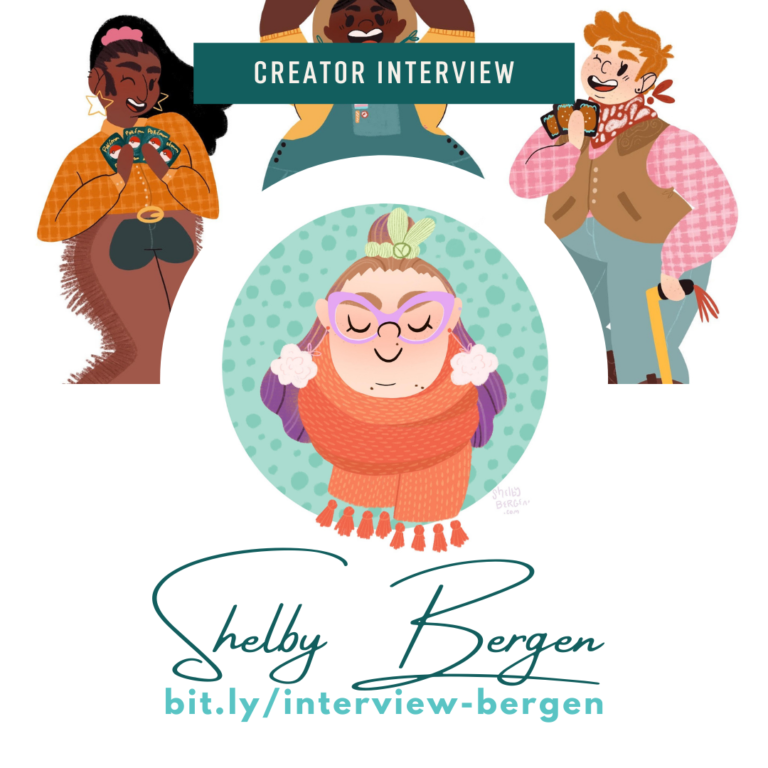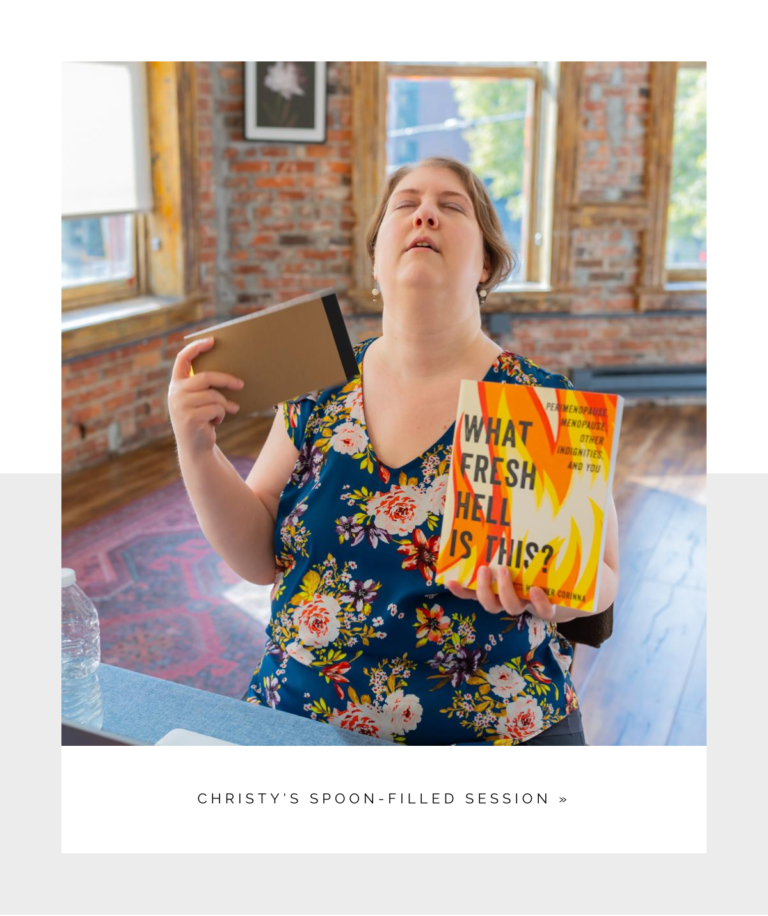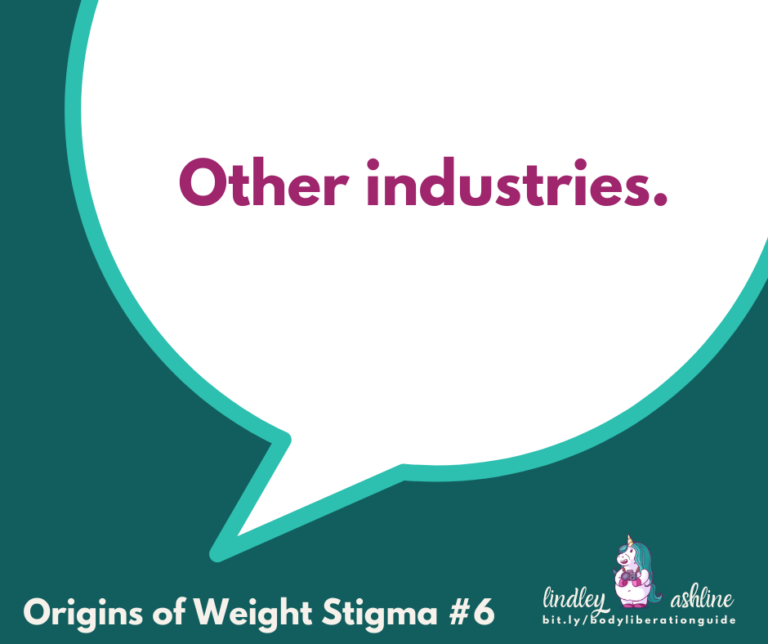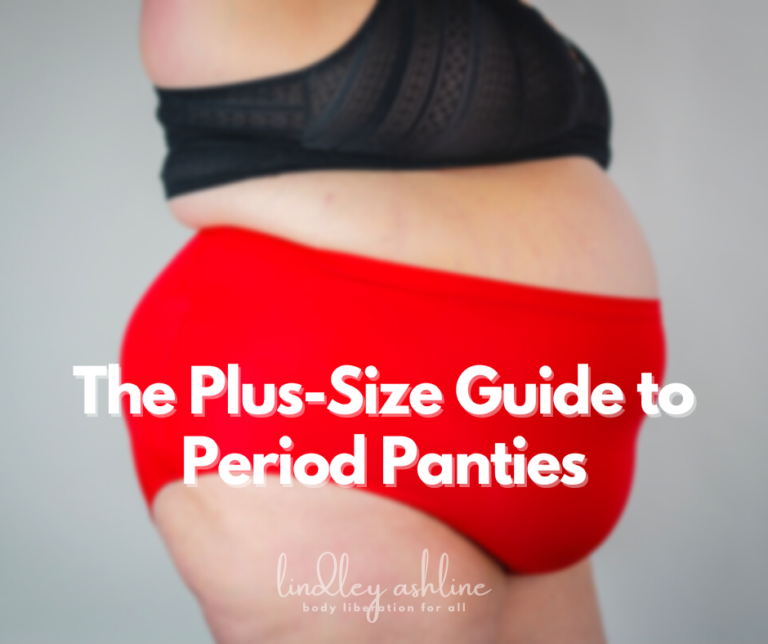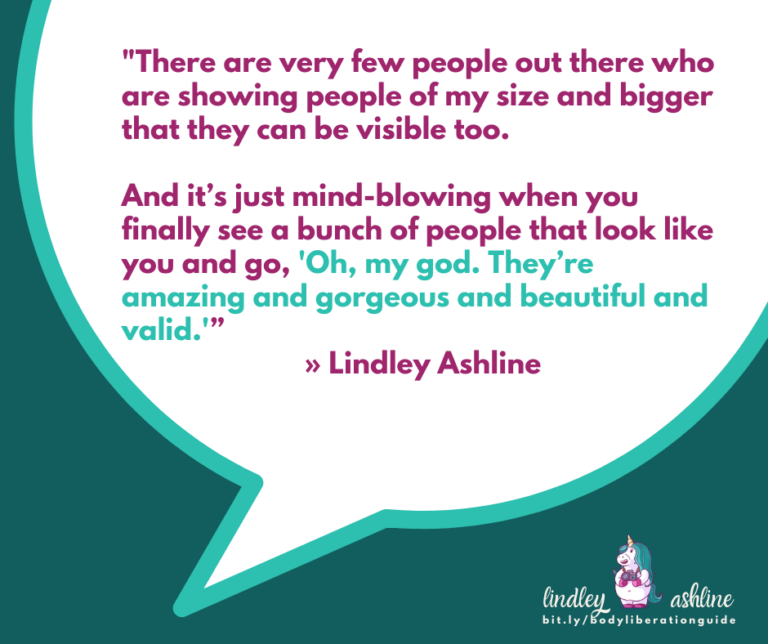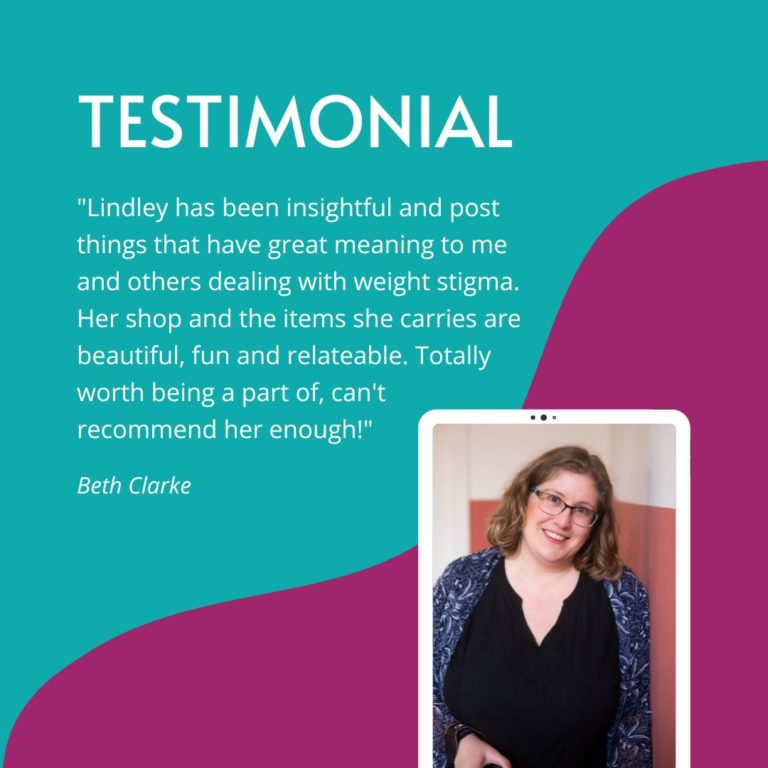Ask a Fat Ally: Dietitian Meghan Cichy
This is the Body Liberation Photos Ask a Fat Creator (and Allies) series, in which we find out more about the lives, work and breakfasts of all kinds of large-bodied and marginalized creators and their allies.
Meghan (she/her) is a Registered Dietitian by training. She specializes in working with folks with eating disorders, disordered eating, and those looking to shift their relationship with food and their body to one that has more room for self-trust.
Meghan approaches her work through a weight inclusive, anti-oppressive, and trauma informed lens by providing collaborative and compassionate care. She works to center the experiences and wisdom of her clients and fosters an environment of trust, curiosity, and exploration.
Meghan believes that while food can have an impact on our mental and physical well-being, its power has limitations. Because of this, Meghan takes into account the bigger picture of social determinants of health and a client’s lived experience in every counseling session.
Meghan holds multiple layers of privilege, including body privilege, that have impacted not just her own relationship with food but also her ability to provide this kind of care as a professional dietitian. She recognizes the ways in which her privileges increase her risk of doing harm in the world and in her healthcare relationships. Because of this she works hard to combat her internalized biases while acknowledging and striving to repair harm when it happens.
Meghan enjoys spending time with her partner and two young kids while getting outdoors. She is an avid book collector who is still searching for that 25th hour in the day to get some reading done. Meghan enjoys cooking and being cooked for and tasting new and exciting foods. She identifies as an extrovert turned introvert who thrives off of nourishing connections and peaceful solitude (With two kids? Yeah right!) and has spent the last year developing her love of handbuilding pottery.
Tell me about you! What’s your name? What pronouns do you use? Where do you live? What do you like to eat for breakfast?
Hi! My name is Meghan Cichy (pronounced like Sigh – chee). I use she/her pronouns and live in the suburbs south of Seattle, WA. My favorite breakfast meal is fluffy German pancakes with butter, yogurt, fresh fruit, and powdered sugar plus a salty side of bacon. But that really only happens on weekends or breakfast for dinner nights. For a quick breakfast I love the good old milk and cereal.
What is your business, and how does it make a difference in the world?
My business is about supporting folks in their work of unlearning oppressive food and body ideals and re-discovering how to meet their own needs. My professional training is as a dietitian and I own an outpatient private practice specializing in food and body counseling for folks who are recovering from eating disorders, disordered eating, and chronic dieting. I also work with parents on healing their own relationship with food and body so that they can pass a legacy of body trust down to their children.
I believe my business makes a difference in the world by rejecting the weight-centric, hierarchical model of healthcare, challenging oppressive systems, and offering a space for folks to experience compassionate care that centers their own wisdom and lived experience.
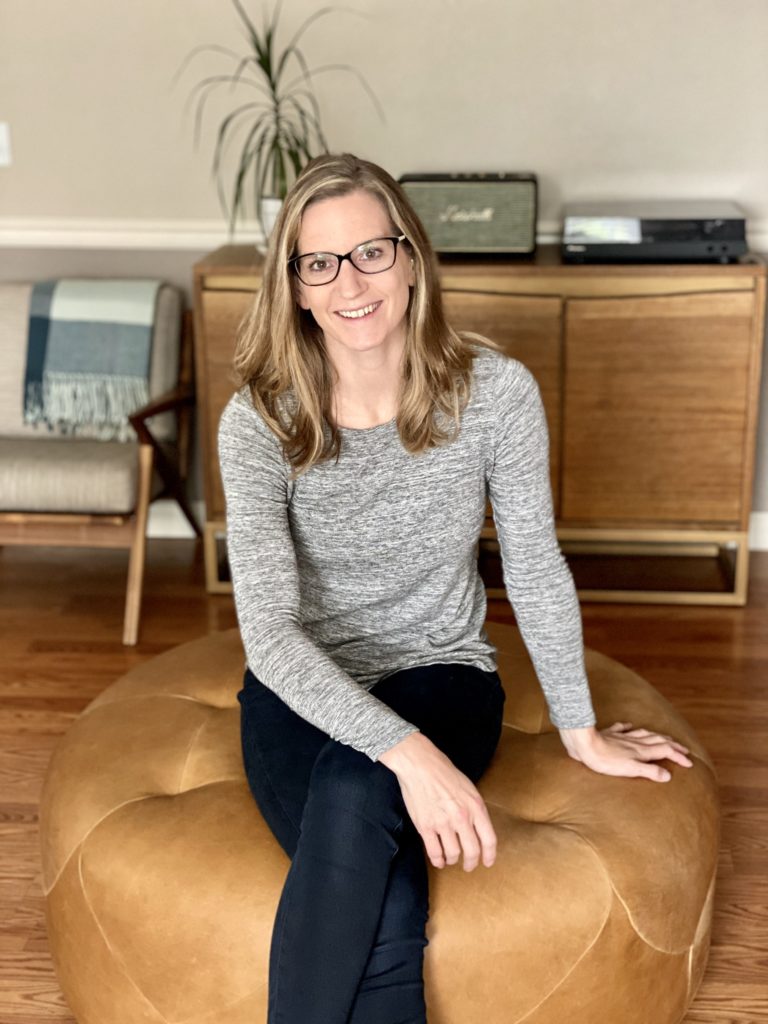
Why is what you do important? How does it change the way people see or how they feel about their bodies?
Traditional healthcare interactions center the provider as the expert in the room and as the person who carries the power in the relationship. As a consequence of this, a patients own lived experience and expertise in themselves holds less value or is dismissed entirely. By shifting away from this and to a model that centers the patient as a vital expert on the care team it gives the power back to the patient, where it belongs.
For so long we have been taught, both overtly and covertly, that we cannot trust our bodies, our emotions, ourselves, that we do not know what is best for us and must rely on external experts or rules to get by. The restoration of power to the patient in the healthcare relationship can be a crucial step in rebuilding autonomy.
How does body positivity or fat positivity make your business different from others in your field? What has your experience been like?
When most people think of a dietitian they think of someone who is going to tell them what to eat and what not to eat. How to lose weight or how to keep weight off. Being a fat positive dietitian means my work focuses on weight neutral interventions that support the folks I work with in moving towards their own individual picture of health or well-being. Weight is not a target for intervention. I trust the folks I work with and never use shame, blame, or fear as a motivator.
Being a fat positive provider also means that the physical space that houses my practice was designed with fat folks in mind. The parking lot and walkway are accessible and free of barriers. There are a variety of seating options including armless chairs and supportive couches. The artwork supports fat artists and depicts the beauty and value of fat bodies. The reading material in the waiting room supports fat creators and challenges the status quo.
How did you get the idea to create inclusive health resource sheets?
After repeatedly seeing the same request for nutrition education handouts that were not fatphobic and simply addressed the nutrition recommendations for certain health conditions, it was clear there was a need. I proposed the creation of these handouts to a dietetic intern I was working with at the time. She was thrilled to take on the task of translating and teasing apart the nutrition science from the fatphobic weight management recommendations and distilling down to a single handout.
We knew it would also be important to put the power of our food choices’ impact on our health into perspective by discussing all of the other factors that influence our health to even greater degrees. We explore this on the back side of the handouts.
You can currently download all the handouts from Google Drive.
Can people suggest new information sheets they’d like to see? If so, how?
Yes! We have a long list of handouts to be made but the more we hear about the need for certain topics the more we can prioritize completing those. Add your requests here.
How did you discover body acceptance or body positivity personally? What kind of difference has it made for you?
I grew up with and currently have a great deal of body privilege. For many years I was ignorant of the realities of existing in this world in a non-dominant body. It was not until I started working as a dietitian in an eating disorder treatment center that I learned how tremendous the toll of oppression truly is on bodies. Especially bodies that fall outside of the cis-heteronormative ableist Eurocentric beauty ideals.
It wasn’t until I left the treatment center and started in private practice that I realized how my work lacked intersectional awareness and was definitely still doing harm. Now I ground myself in curiosity, compassion, and humility. I seek out and pay for the labor of wise teachers who are helping me to know my limitations and to become a better provider because of it. Discovering body acceptance or more so body liberation has made me a more thoughtful, authentic, impassioned, and decent human and aligned my patient care with that part of my humanity as well.
What advice do you have for other people who are learning to love and accept their bodies?
It’s hard and can be lonely work so build your community. Be it online or in person, the impact of being surrounded by the power and energy of people who are rooting for you to just be you is irreplaceable.
What advice do you have for other business owners who’d like to incorporate body acceptance into their work?
Do it. But you have to start with your own work. Because if you have not identified and rooted out your own internalized biases (or are at least deep in the process of doing so) you will do harm and potentially irreparable damage to the people you work with. And we all deserve better.
But do it. Because it is so incredibly rewarding and soul nourishing.
Where can we find more of your work?
You can find Instagram post musings at @meghancichyrdn. My practice can be accessed via my website (https://meghancichyrdn.com).
You can also find Meghan on Facebook.
And to check out my pottery you can find me on etsy at MeghanCichyRDN and on Instagram at @cichyceramics.
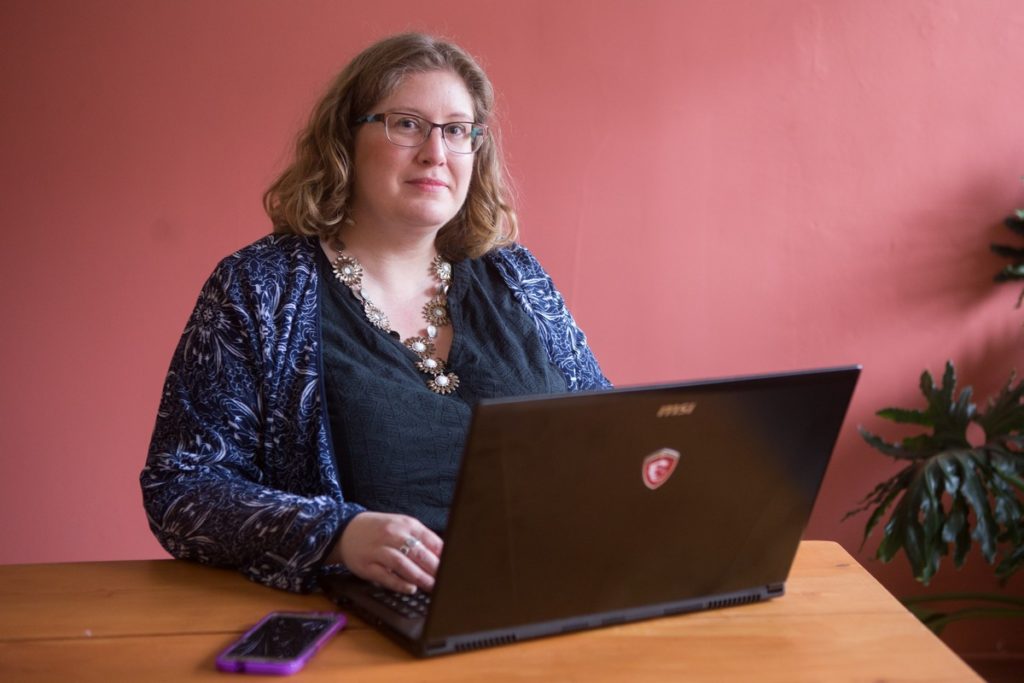
Let’s dig deep.
Every Monday, I send out my Body Liberation Guide, a thoughtful email jam-packed with resources for changing the way you see your own body and the bodies you see around you. And it’s free. Let’s change the world together.
Hi there! I'm Lindley. I create artwork that celebrates the unique beauty of bodies that fall outside conventional "beauty" standards at Body Liberation Photography. I'm also the creator of Body Liberation Stock and the Body Love Shop, a curated central resource for body-friendly artwork and products. Find all my work here at bodyliberationphotos.com.



